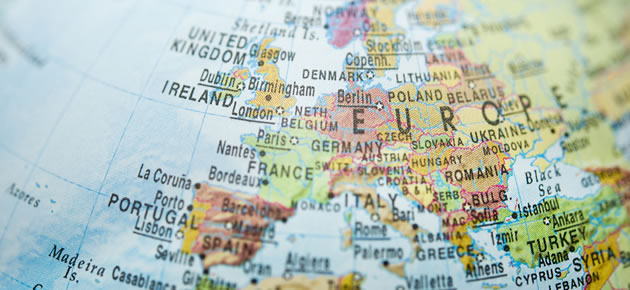The Euro to Pound exchange rate fell on Thursday to its lowest level in a week as unemployment data out of the Netherlands and Producer price inflation data out of Germany disappointed.
According to Statistics Netherlands, unemployment in the northern European country unexpectedly increased in February casting doubt over the Eurozone economic recovery.
In its report the statistics agency said that unemployment rose to a seasonally adjusted level of 8.8%. A jump higher from the 8.6% jobless rate recorded in the previous month.
Economists had been expecting the jobless rate to remain unchanged at 8.6%.
Also weighing upon the single currency was the release of data which showed that German producer prices stagnated in February and fell considerably from the previous year. According to official data released by Destatis the total producer price index remained unchanged on a monthly basis but tumbled by 0.9% on a yearly basis.
Economists had been expected a monthly increase of 0.1% but correctly forecast the yearly decline. The reason for the drop was being blamed on falling energy prices. Energy prices fell 0.2% and 2.6%, respectively. Excluding energy, producer prices were unchanged on the month and down 0.3% on the year.
The Pound recovered lost ground to push back above the key 1.20 level against the Euro after a report showed that manufacturing orders in the UK increased more than forecast in February. The CBI Industrial Trends Orders report showed a rise from 3 to 6, beating the 5 expected.
Euro (EUR) Exchange Rates
[table width=”100%” colwidth=”50|50|50|50|50″ colalign=”left|left|left|left|left”]
Currency, ,Currency,Rate ,
Euro,
Euro,
Euro,
Euro,
British Pound,
[/table]
